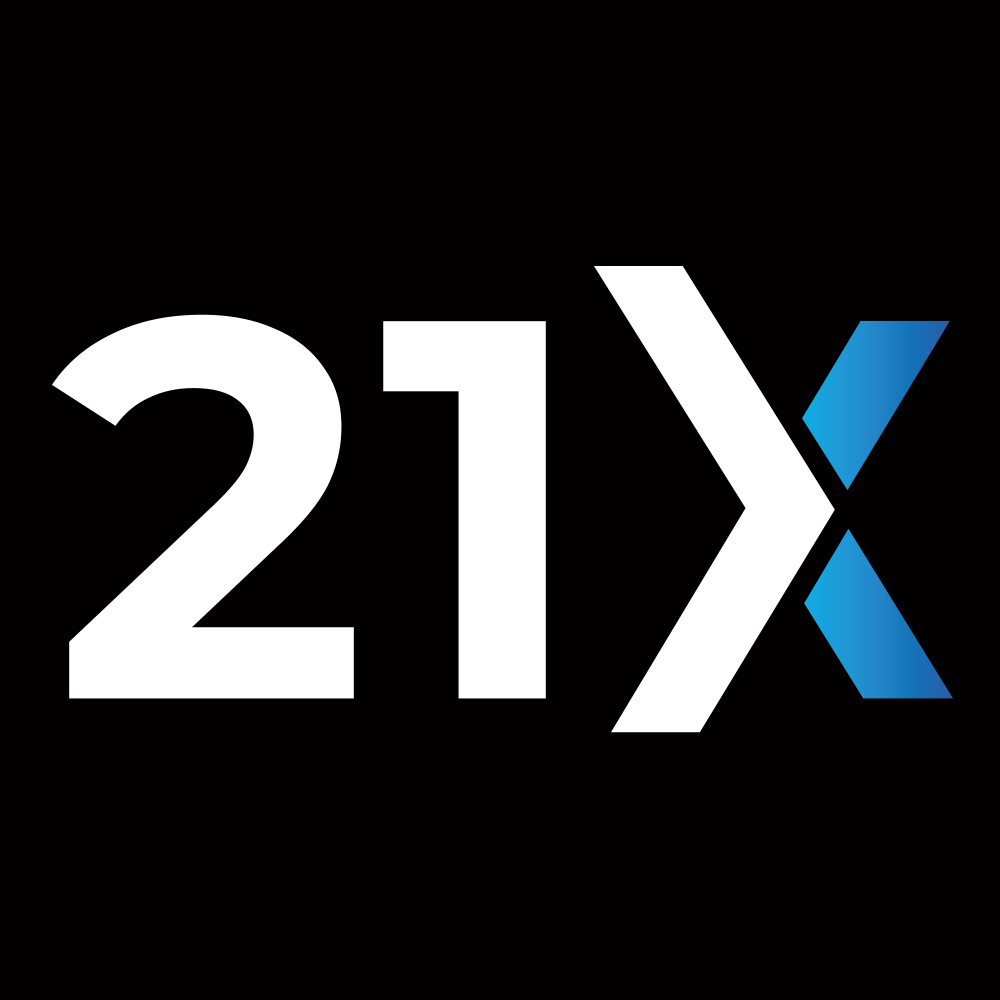Asset digitization
Blockchain technology is seen as a way to simplify many legal processes – such as buying and selling real estate, applying for and receiving a loan, or holding stocks and bonds.
Challenge
Transactions such as purchasing a home currently require the buyer and seller to take care of title management, which involves hiring lawyers and brokers, finding insurance, and so forth. The paperwork complicates the process and getting a loan for buying a house complicates the process even more. However, this is the only way to perform these transactions securely.
Similar situations apply for other assets such as stocks and bonds, where there might be a need for accreditation.
Ultimately, looking at these processes on a higher scale, and having a centralized entity to validate the transactions and proofs, exposes the major inefficiency of the current setting. The processes take too many steps and involve too many people for what should be a simple exchange of value.
What Aleph Zero is doing
That’s why a decentralized platform like Aleph Zero can make asset exchange and transaction validation much more efficient. It brings security and speed to the process, but at the same time, its smart contracts can be used in the form of “code as law”. Therefore, a lot of the paperwork can be completely automated, simplifying the transactions to just “You give me the money – I give you the asset,” with a guarantee that everything runs as it should and there’s no possibility for manipulation.
But there are still challenges that need to be solved – connecting the real world exchange to the “digital paperwork” done by smart contracts. In this case, there still might be some need for a trusted entity to supervise the processes, but we believe this field can also be revolutionized.

